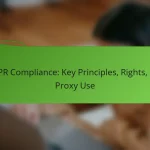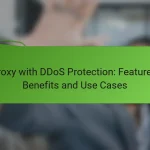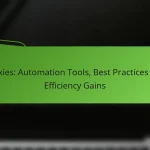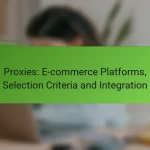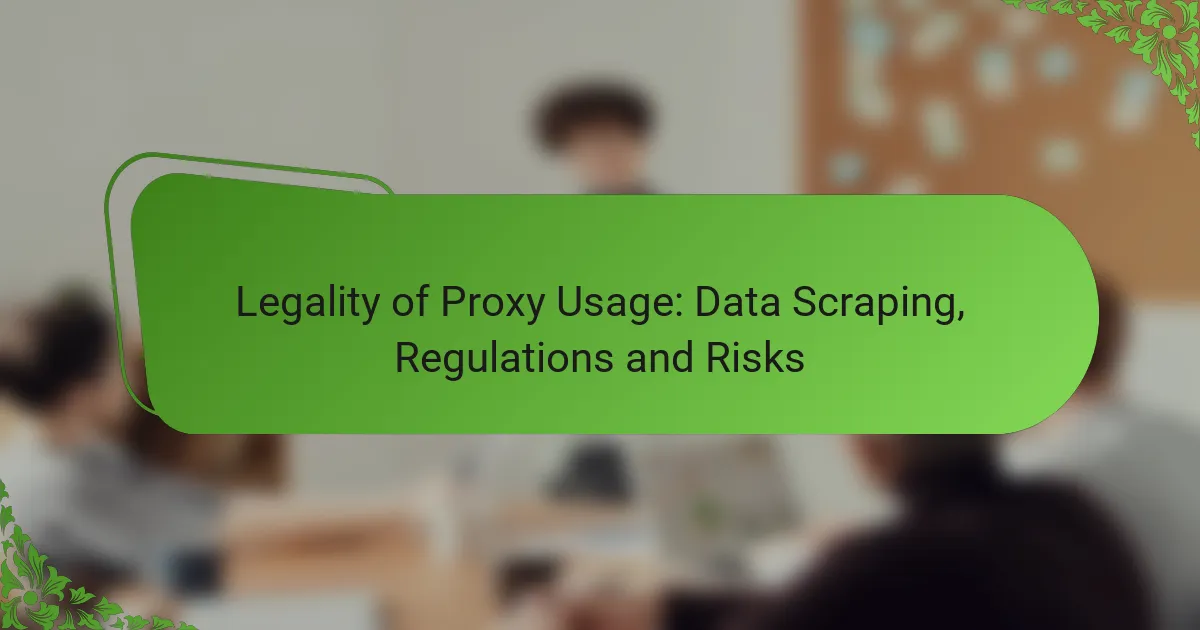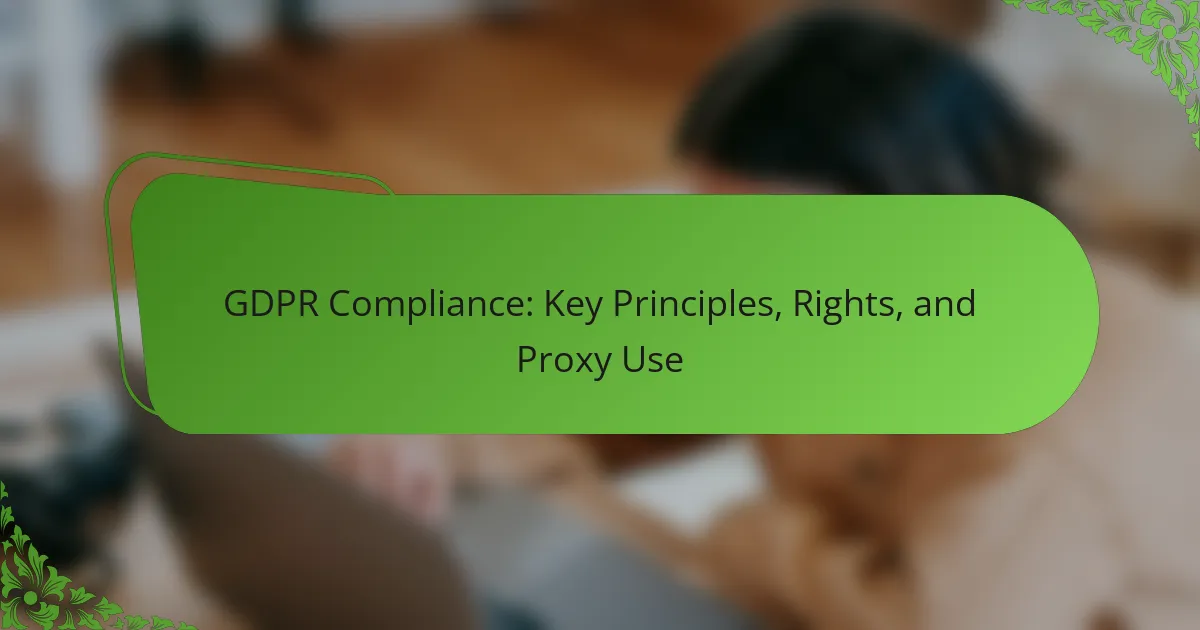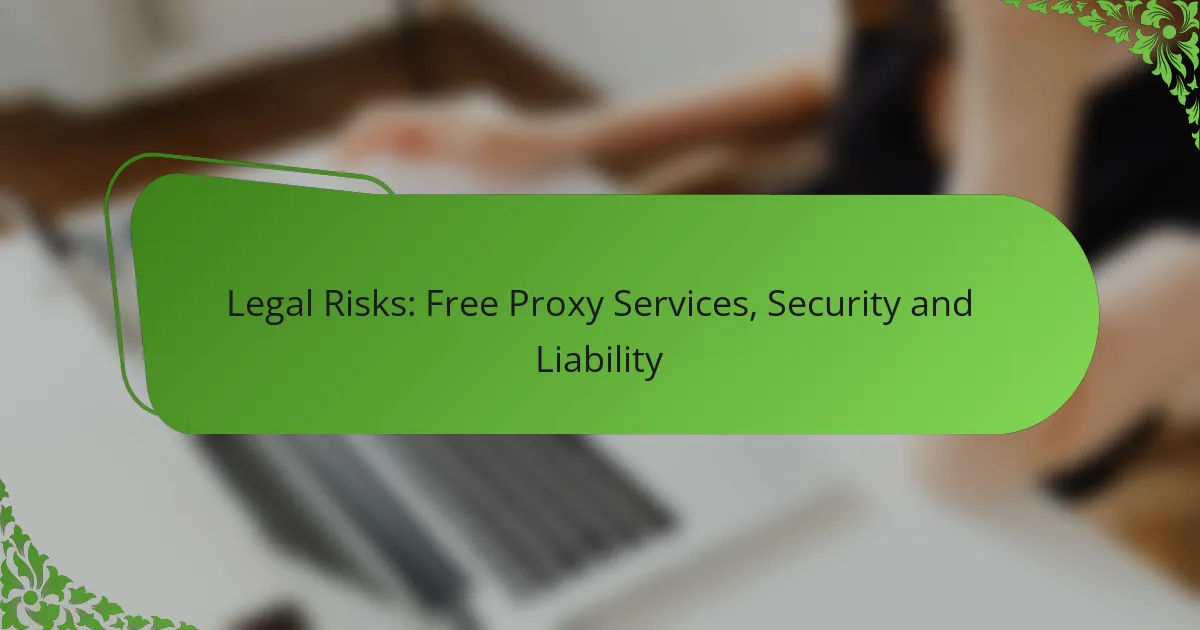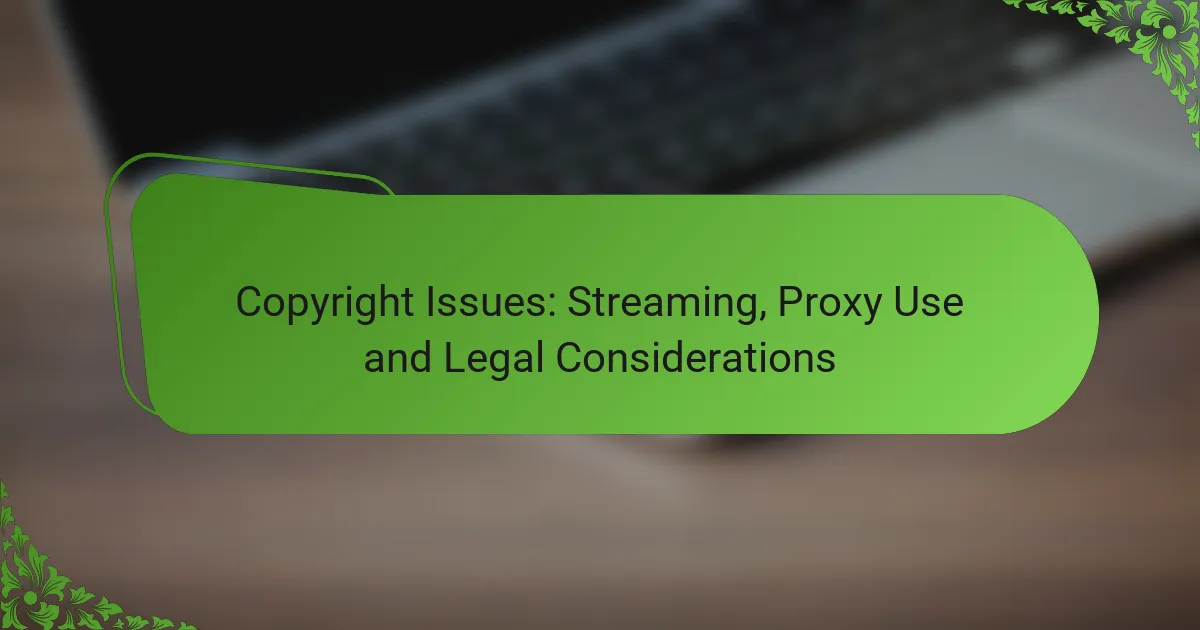The legality of using proxies for data scraping is a complex issue, particularly in the context of UK regulations such as the GDPR and the Computer Misuse Act. Organizations must be aware of the legal implications and risks involved, including potential legal action and data privacy concerns. To navigate these challenges effectively, businesses should implement clear data usage policies and conduct regular audits to ensure compliance.
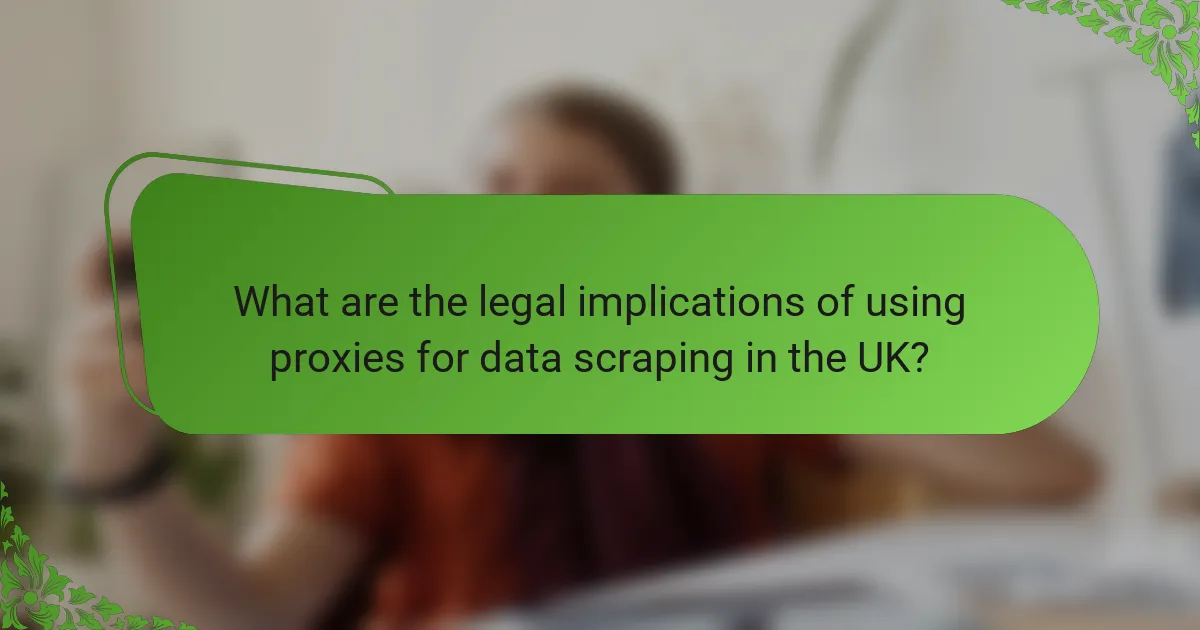
What are the legal implications of using proxies for data scraping in the UK?
Using proxies for data scraping in the UK carries significant legal implications, particularly concerning data protection and computer misuse laws. Organizations must navigate regulations like the GDPR and the Computer Misuse Act to avoid potential legal consequences.
Compliance with GDPR regulations
The General Data Protection Regulation (GDPR) mandates strict guidelines on data collection and processing. When using proxies for data scraping, businesses must ensure that they do not violate individuals’ privacy rights by collecting personal data without consent.
To comply with GDPR, organizations should assess whether the data being scraped is personal data and determine if they have a lawful basis for processing it. This includes obtaining explicit consent from individuals or ensuring that the data is anonymized.
Impact of the Computer Misuse Act
The Computer Misuse Act 1990 criminalizes unauthorized access to computer systems, which can include scraping data from websites without permission. Engaging in such activities using proxies may lead to legal action against the scraper.
To mitigate risks under this act, it is essential to review the terms of service of the websites being targeted and seek permission where necessary. Ignoring these terms could result in significant legal penalties.
Case studies on legal precedents
Several legal cases in the UK have set precedents regarding the use of proxies for data scraping. For instance, the case of HiQ Labs, Inc. v. LinkedIn Corp. highlighted the tension between data scraping and user privacy, emphasizing the need for clear consent.
Another notable case involved the use of automated bots to scrape data, which resulted in a ruling that reinforced the importance of adhering to website terms of service. These cases illustrate the legal landscape surrounding data scraping and the potential consequences of non-compliance.
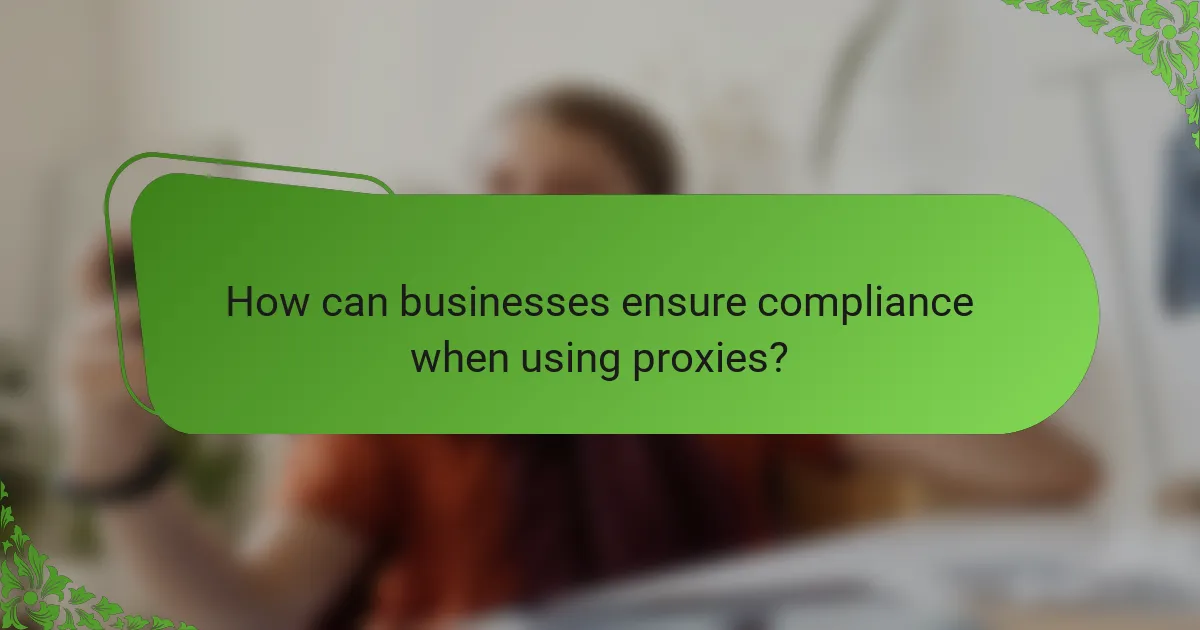
How can businesses ensure compliance when using proxies?
Businesses can ensure compliance when using proxies by establishing clear data usage policies, conducting regular audits, and seeking legal consultation. These steps help mitigate risks associated with data scraping and ensure adherence to relevant regulations.
Implementing data usage policies
Creating comprehensive data usage policies is essential for businesses that utilize proxies. These policies should outline acceptable practices, specify the types of data that can be accessed, and define the consequences of non-compliance. Regular training sessions can help ensure that all employees understand and follow these guidelines.
Consider including clauses that address the ethical use of data and respect for intellectual property rights. This can help prevent legal issues and foster a culture of responsible data handling within the organization.
Regular audits of scraping activities
Conducting regular audits of scraping activities is crucial for maintaining compliance. These audits should assess the methods used for data collection, the types of data accessed, and the frequency of scraping operations. By identifying any potential violations, businesses can take corrective actions before issues escalate.
Establish a schedule for audits, such as quarterly or biannual reviews, to ensure ongoing compliance. Documenting findings and actions taken can also provide valuable insights for future reference and demonstrate due diligence if legal challenges arise.
Utilizing legal consultation services
Engaging legal consultation services can provide businesses with expert guidance on the complexities of data scraping regulations. Legal professionals can help interpret relevant laws, such as the General Data Protection Regulation (GDPR) in Europe or the Computer Fraud and Abuse Act (CFAA) in the United States, ensuring that practices align with legal requirements.
Consider establishing a relationship with a legal advisor who specializes in technology and data privacy. This proactive approach can help businesses navigate potential legal pitfalls and adapt to changing regulations effectively.
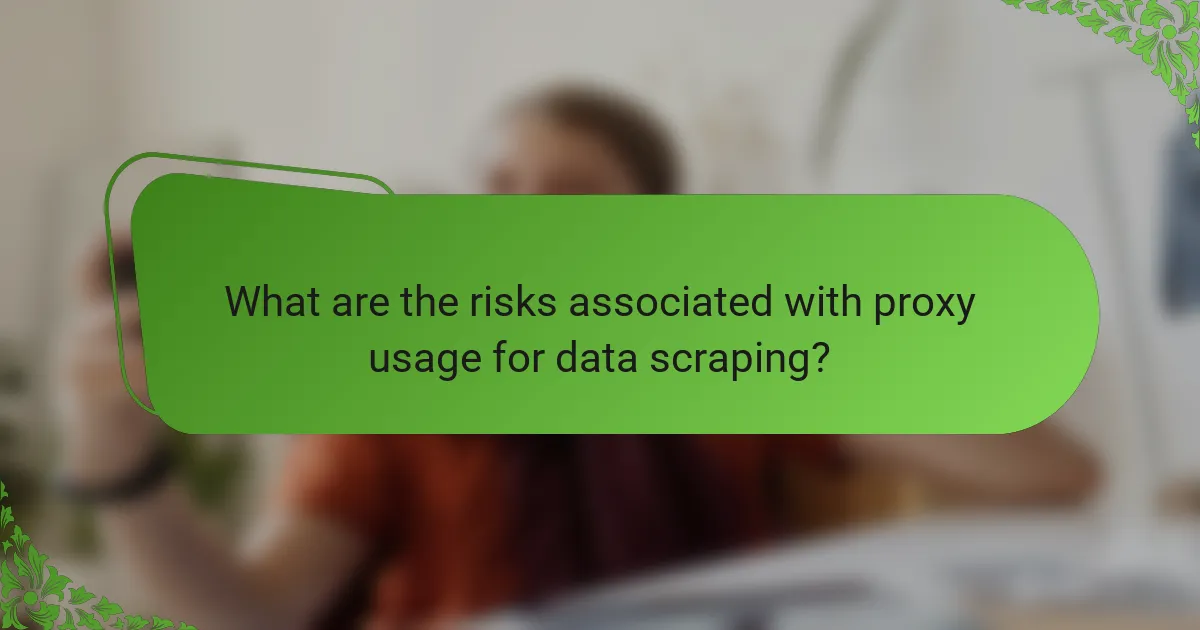
What are the risks associated with proxy usage for data scraping?
Proxy usage for data scraping carries several risks, including potential legal action, data privacy concerns, and reputation damage. Understanding these risks is crucial for anyone considering scraping data through proxies.
Potential for legal action
Using proxies for data scraping can lead to legal repercussions, especially if the data being scraped is protected by copyright or terms of service. Companies may pursue legal action against individuals or organizations that violate their data usage policies.
To mitigate this risk, it is essential to review the terms of service for the websites you plan to scrape. Engaging in scraping activities that breach these agreements can expose you to lawsuits or cease-and-desist orders.
Data privacy concerns
Data privacy is a significant concern when using proxies for scraping, as sensitive information may be inadvertently collected. This can lead to violations of data protection regulations, such as the General Data Protection Regulation (GDPR) in Europe.
To address these concerns, ensure that your scraping activities comply with relevant privacy laws. Avoid collecting personally identifiable information (PII) unless you have explicit consent from the individuals involved.
Reputation damage
Engaging in questionable scraping practices can harm your reputation, particularly if your activities are perceived as unethical or invasive. Negative publicity can arise from legal disputes or backlash from the public and affected companies.
To protect your reputation, adopt transparent scraping practices and consider the ethical implications of your actions. Building trust with stakeholders can help mitigate the risk of reputational damage.
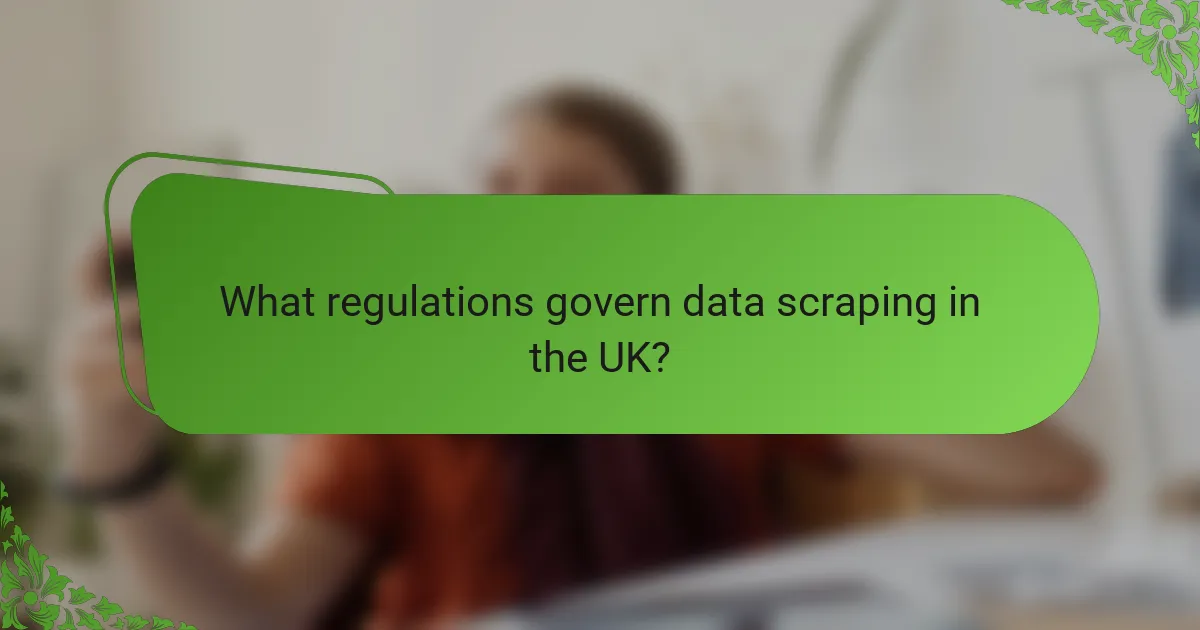
What regulations govern data scraping in the UK?
In the UK, data scraping is primarily governed by the Data Protection Act and the Digital Economy Act. These regulations establish the legal framework for how personal data can be collected, processed, and shared, impacting the legality of scraping activities.
Overview of the Data Protection Act
The Data Protection Act 2018 (DPA) is the UK’s implementation of the General Data Protection Regulation (GDPR). It sets strict guidelines on the collection and processing of personal data, requiring that data scraping activities comply with principles such as transparency, purpose limitation, and data minimization.
Organizations must ensure that they have a lawful basis for processing personal data, which can include consent or legitimate interests. Failure to comply can result in significant fines, making it essential for businesses to understand their obligations under the DPA.
Understanding the Digital Economy Act
The Digital Economy Act 2017 aims to enhance the UK’s digital infrastructure and includes provisions related to data sharing and online services. It encourages the responsible use of data but also emphasizes the need for privacy and security in data handling.
While the Act does not specifically address data scraping, it reinforces the importance of adhering to data protection principles. Companies engaging in scraping must ensure that their practices do not violate the rights of individuals or the stipulations set forth in the DPA.
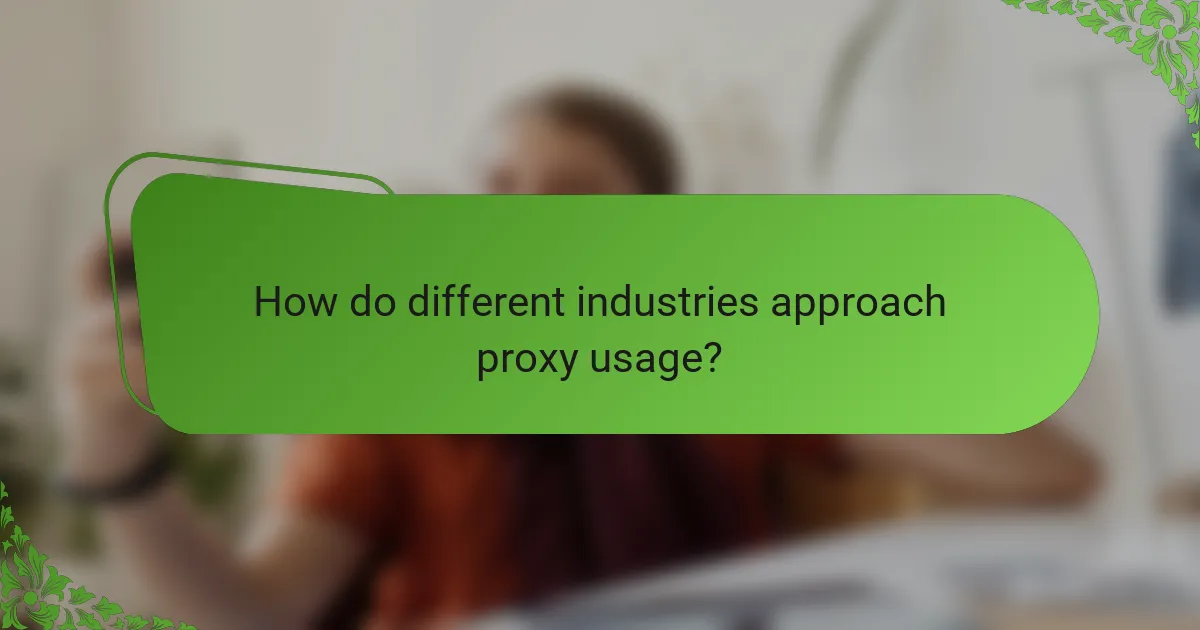
How do different industries approach proxy usage?
Different industries adopt varied strategies for proxy usage based on their specific needs and regulatory environments. Understanding these approaches helps organizations navigate the complexities of data scraping while ensuring compliance with relevant laws.
Finance sector compliance strategies
The finance sector prioritizes compliance due to stringent regulations regarding data privacy and security. Financial institutions often implement robust proxy solutions that anonymize user data while adhering to standards such as GDPR and PCI DSS.
To maintain compliance, firms typically conduct regular audits and risk assessments of their proxy usage. They may also establish clear data governance policies to ensure that all scraping activities are legally justified and transparent.
Retail industry data scraping practices
In the retail industry, data scraping is commonly used for competitive analysis and market research. Retailers often utilize proxies to gather pricing information, product availability, and customer reviews from competitors’ websites.
However, retailers must be cautious to avoid violating terms of service or local regulations. Implementing rotating proxies and setting scraping limits can help mitigate risks associated with IP bans and legal repercussions. Establishing a clear scraping policy is essential for ethical data collection.
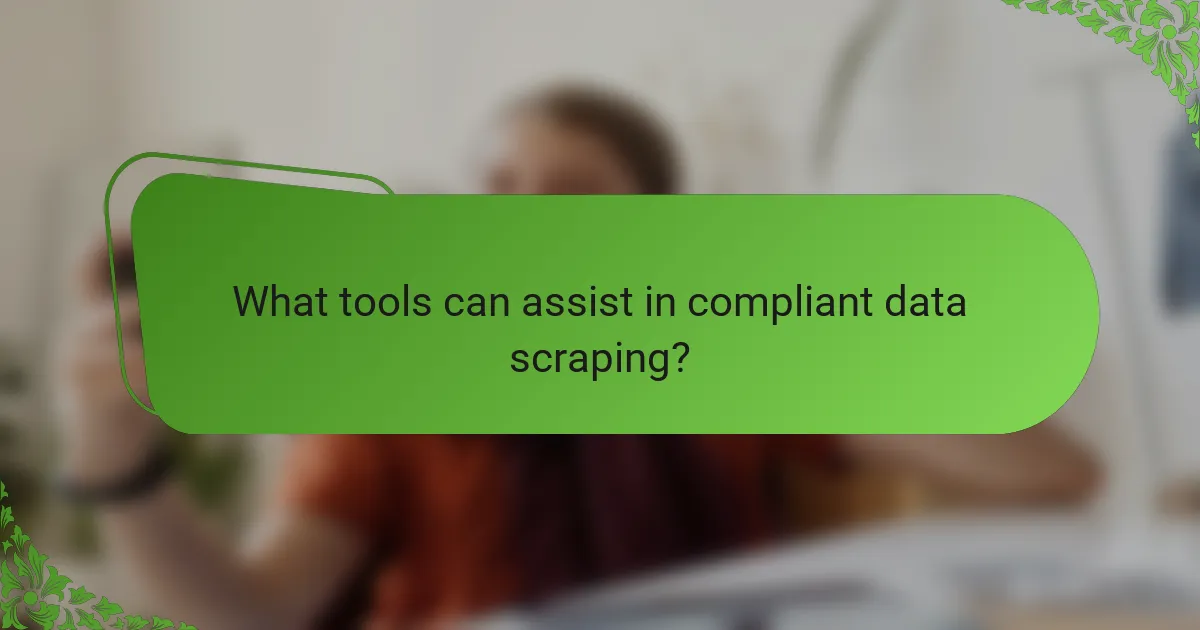
What tools can assist in compliant data scraping?
Various tools can facilitate compliant data scraping by ensuring adherence to legal standards and website terms of service. These tools typically include data scraping software and proxy management solutions, which together help streamline the scraping process while minimizing risks.
Data scraping software options
Data scraping software is designed to extract information from websites efficiently. Popular options include Octoparse, ParseHub, and Scrapy, each offering unique features such as point-and-click interfaces or customizable scripts. When selecting software, consider factors like ease of use, support for dynamic content, and compliance with legal requirements.
For instance, Octoparse provides a user-friendly interface that allows users to scrape data without coding knowledge, while Scrapy is more suited for developers looking for flexibility and control. Always ensure that the software you choose respects the robots.txt file of the target website to avoid legal issues.
Proxy management tools
Proxy management tools are essential for masking your IP address during data scraping, which helps prevent blocks and bans from target websites. Tools like Bright Data, Smartproxy, and Oxylabs offer rotating proxies that automatically change your IP address at set intervals or after each request, enhancing anonymity and compliance.
When choosing a proxy management tool, consider the size of the proxy pool, geographic coverage, and connection speed. For example, if your scraping project requires accessing data from specific countries, ensure the tool provides proxies from those regions. Additionally, always verify that your use of proxies aligns with the terms of service of the websites you are scraping to mitigate legal risks.
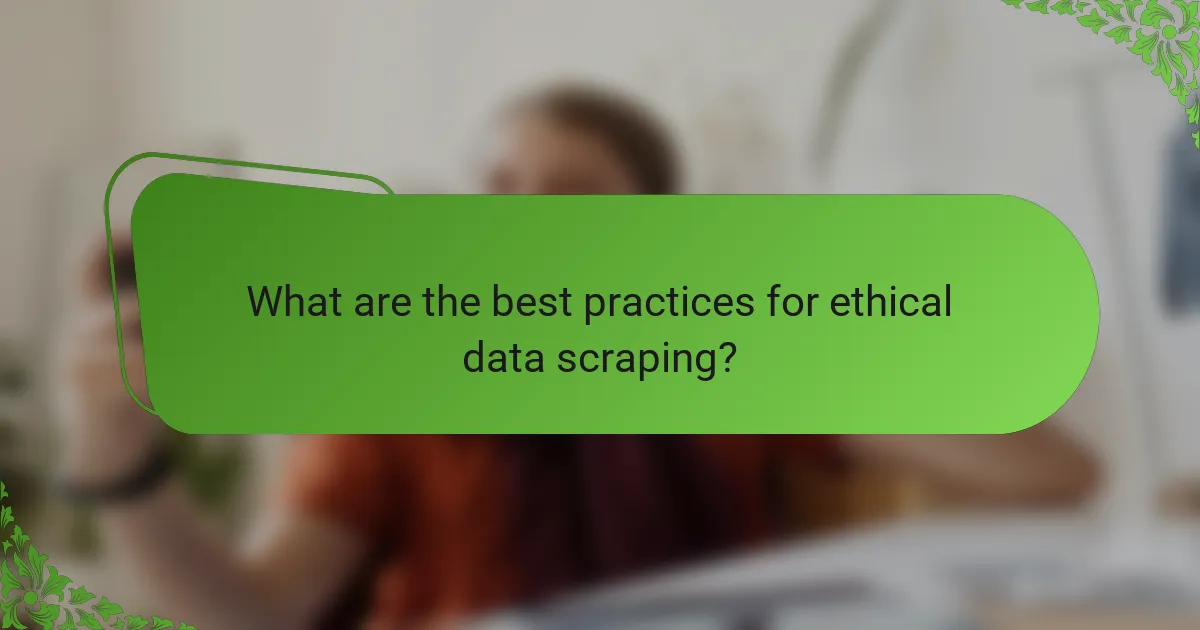
What are the best practices for ethical data scraping?
Ethical data scraping involves adhering to legal standards and respecting the rights of website owners. Best practices ensure that data collection is conducted responsibly, minimizing risks and potential legal issues.
Respecting robots.txt guidelines
Robots.txt is a file that website owners use to communicate their preferences regarding web crawling and scraping. It specifies which parts of the site can be accessed by automated agents and which should be avoided.
Before scraping a website, check its robots.txt file to understand the rules set by the site owner. Ignoring these guidelines can lead to legal repercussions and damage your reputation. Tools like browser extensions or online validators can help you easily access and interpret these files.
For example, if a robots.txt file disallows scraping of certain directories, respect those restrictions. This not only aligns with ethical practices but also fosters goodwill with website owners, potentially opening doors for legitimate partnerships in the future.

